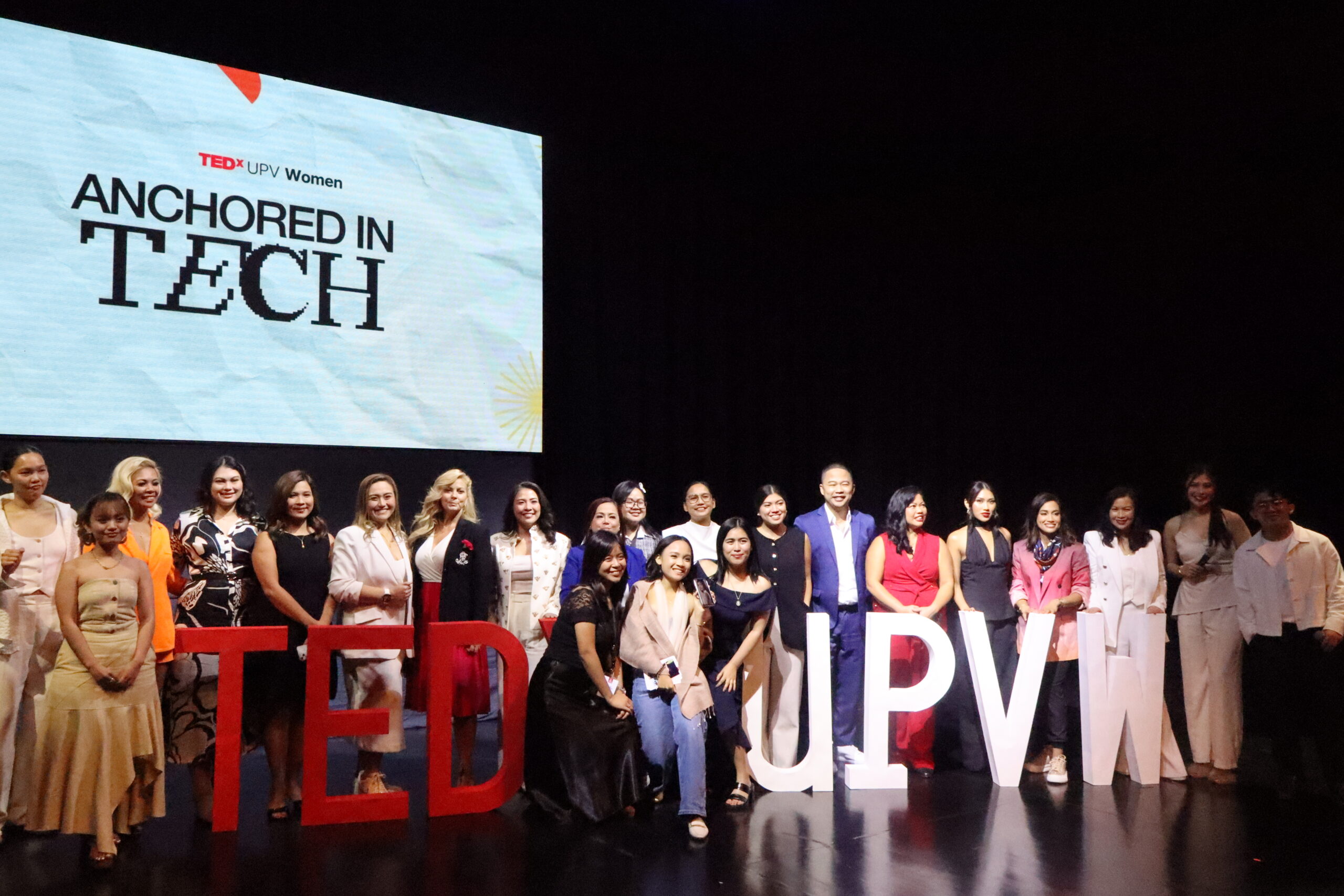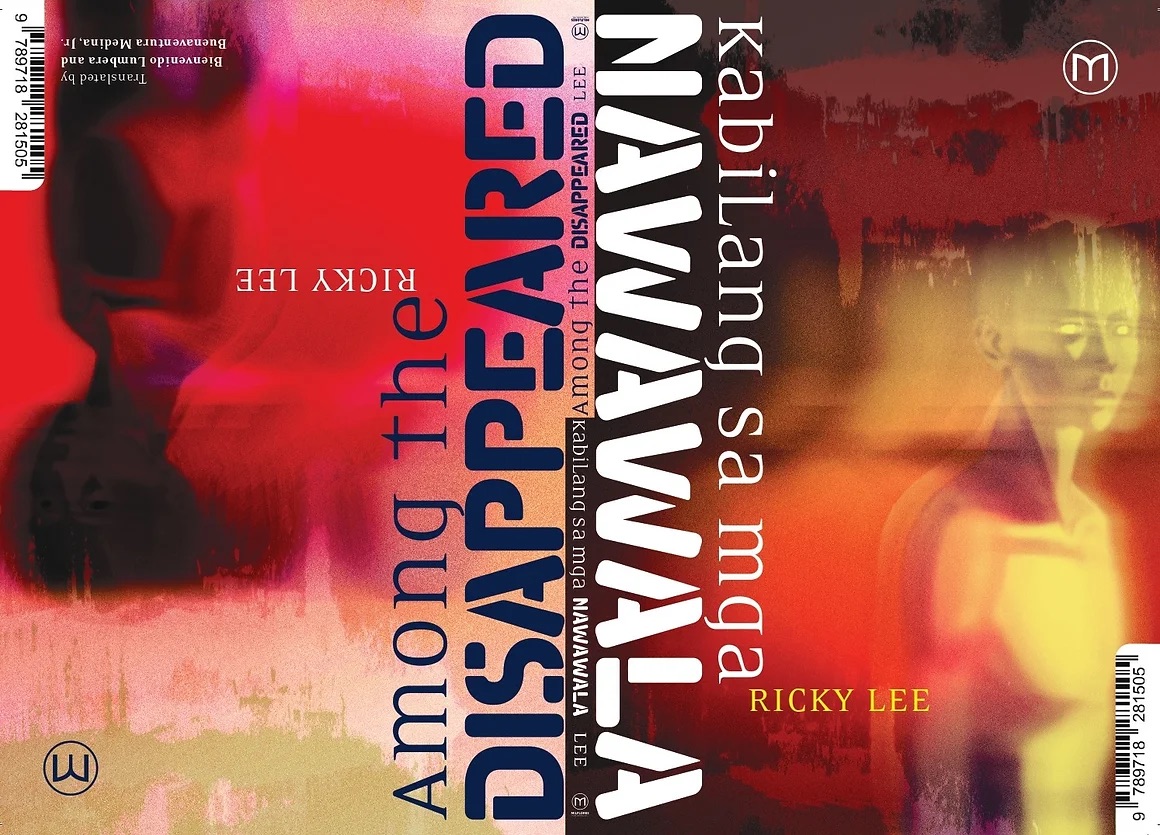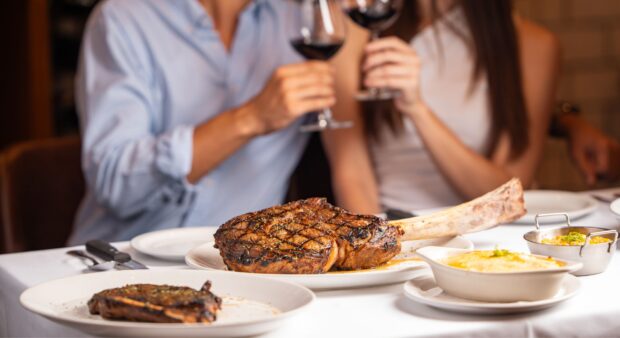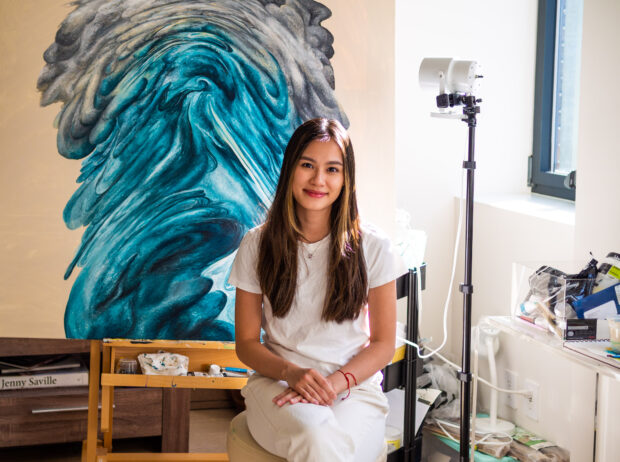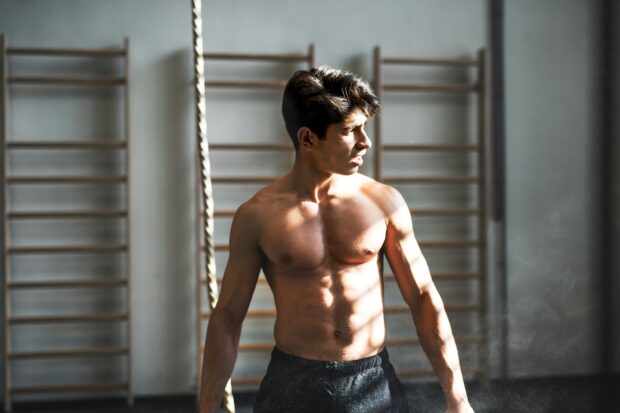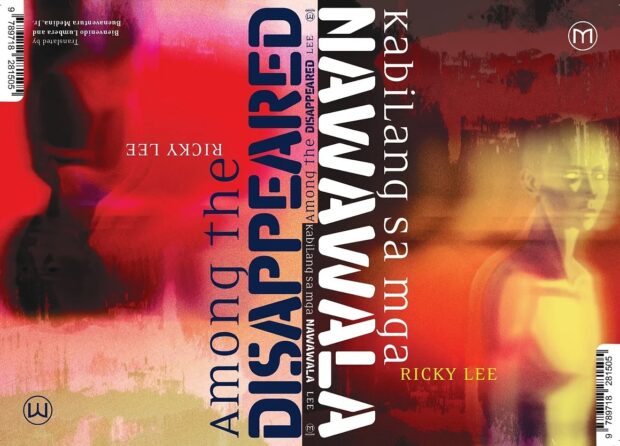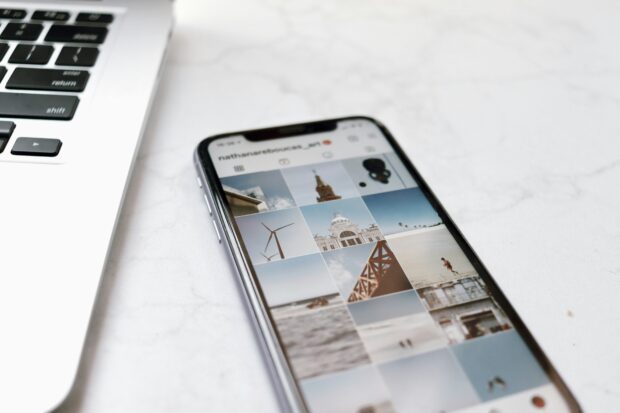(READ: My god, I hate Duterte)
While in Manila last November, I found myself conversing with a taxi driver who was disappointed hearing that Davao City Mayor Rodrigo Duterte was not running for President.
Narrating his life in Manila for the past 25 years, the driver thought a Duterte presidency was promising. He hoped things would change through discipline.
As a Cebuano, the driver wanted someone who would care about the welfare of the people outside Manila. He wanted a president who knew the needs of those living in the provincial areas.
Our conversation ended as I arrived at my destination. But that encounter got me thinking about why I had the same sentiments as the taxi driver, why I placed so much hope in the leadership of the iron-fisted Mayor Digong— someone I would call “the mighty eagle of the south”— even if he was still undecided then.
My thoughts brought me back to the two years I spent working in Davao City starting in 2011.
Like many Visayans, I was guilty of the impression that Mindanao was chaotic and undeveloped. I was a bit hesitant to live in Davao then, after graduating from college.
When I tried my luck, however, I saw the best in that place called City in Bloom. Peace and progress thrived in the city, springing from the discipline of Davaoeños.
Unlike other cities in Mindanao, Davao looked calm. Progress could be seen through the numerous establishments opening every month.
In Davao, people followed ordinances, including those prohibiting smoking in public and jaywalking, high-speed driving and the selling of alcoholic drinks beyond 1 a.m.
But his was a government with a heart.
Many would wonder why street dwellers spend most of their time at the Rizal Park, fronting the Davao City Hall.
One night, while having reflexology therapy in the park, I asked why beggars would emerge from the city hall with food packs every mealtime. The therapist said the government provided their basic needs, including government-rented shelters.
I recalled one story in which former Davao Mayor Sara Duterte fetched prostitutes near Central Bank to bring them to a place for an annual Christmas fellowship. Most of the women initially ran away, thinking they were being arrested.
Worth emulating
Worth emulating is Davao’s police visibility at any time of the day.
I also learned to be more vigilant as a citizen. Whenever I would see road accidents, I would call 911 from my mobile phone. It was amazing how it responded to emergencies.
I had a feeling the elite would not be receptive to a Duterte candidacy. They would never agree to the idea of a badass, foul-mouthed, pro-poor President who happens to be probinsyano. I thought they would exhaust all means to put him in a bad light.
When Duterte finally decided to run for President in the 2016 elections, he was subjected to character assassination and trumped-up issues.
Thankfully, the mighty eagle of the south flew all over the archipelago and swept the hearts of those who believe in genuine change.
He denied affiliation with the National Democratic Front and the Communist Party of the Philippines, but bravely declared he’s a leftist at heart.
If anything, Duterte’s charisma and connection with the left wing made him unique—a man that the right and the left would trust.
Months before the elections, I never posted anything on Facebook because I knew people in my circle were aware of my candidate.
Greater hope
But a week before Election Day, to affirm my support, I composed this:
“Soar high mighty eagle of the south! Break the dark clouds of selfish desires and greed. Succumb to the stones thrown by the deaf, blind and silent few… Mighty eagle of the south, humbly claim that long deserved victory. With your feisty claws, carry your people to rise again as a great nation.”
I know that with Duterte’s strong persona, determined leadership, sincere desire for a crime- and corruption-free Philippines, and the commitment to reclaim national identity, there is greater hope.
He also recently called for a halt in large-scale mining in Mindanao.
Why Duterte, despite the perception that he would become a dictator? Because I want the nation to decide on its own, without foreign influence.
In Duterte, I see a new style of leadership coming from an effective local chief executive, a legal practitioner, a son of a woman activist and a governor father, someone who speaks my dialect and who is courageous enough to speak for his own, decide on his own, and has the strong will to change the system.
The people’s full cooperation is needed in this process.





